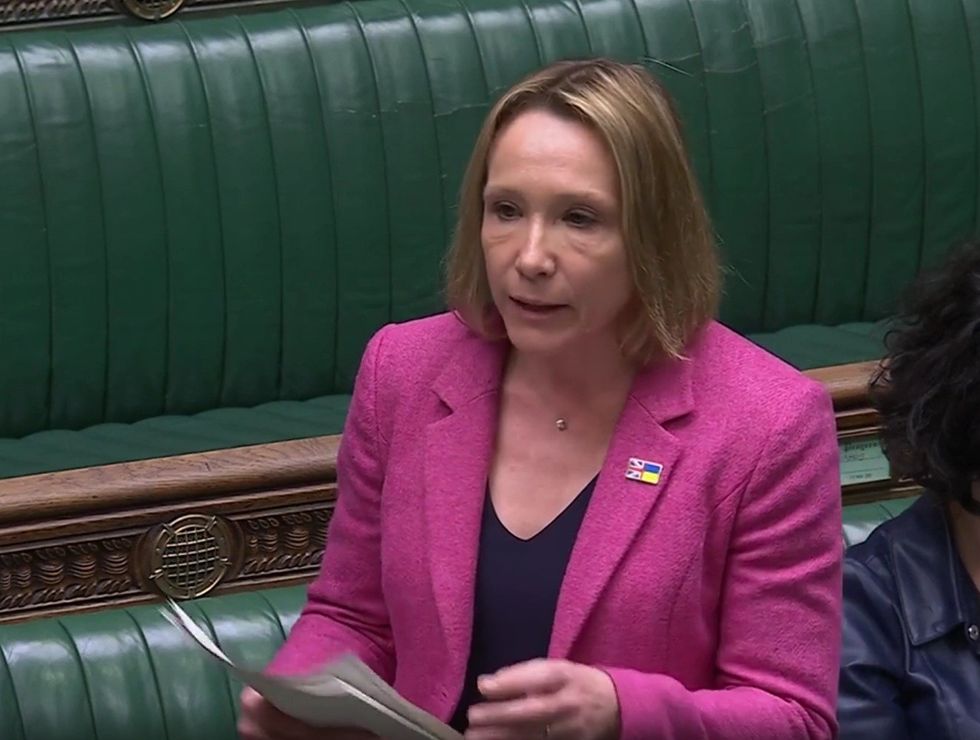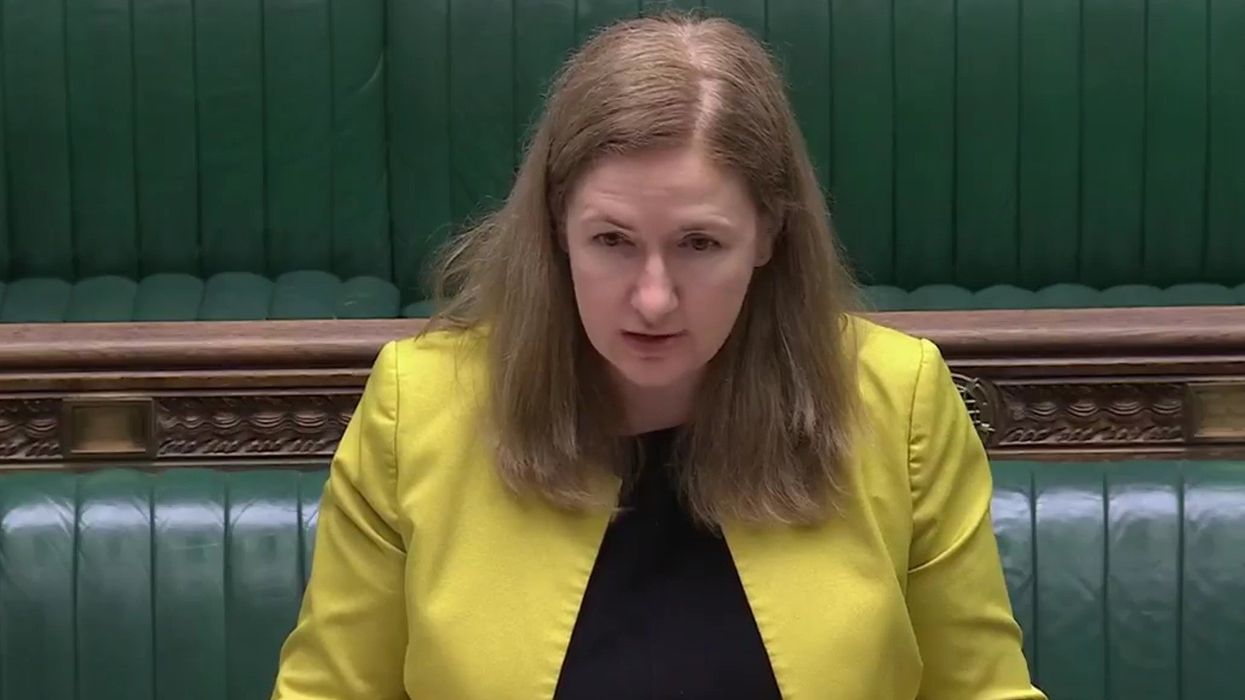Shadow Health Minister Dr Caroline Johnson MP has criticised the Labour government for increasing employer National Insurance Contributions (NICs), without properly considering its effects on the wider healthcare system.
Speaking during a House of Commons debate on Wednesday, she warned of the significant strain the rise in national insurance and taxes will place on pharmacies and the wider healthcare sector.
“It is clear that the Chancellor had not properly considered the effects of the NICs rise on the wider healthcare system,” Dr Johnson said.
Dr Johnson highlighted that while the NHS is exempt from the tax rise, the exemption does not cover general practice, hospices, charities, many social care providers, air ambulance charities, dental clinics, opticians, private healthcare providers, agency staff, local pharmacies and other suppliers and contractors.
Citing estimates from the Independent Pharmacies Association, she noted that rises in employer NICs and the minimum wage will cost the average pharmacy “over £12,000 a year, totalling more than £125 million for the sector as a whole.”
Furthermore, she quoted National Pharmacy Association (NPA) chair Nick Kaye, who has warned that pharmacies face a “financial cliff edge” in April due to a “triple whammy” of rising National Insurance, National Living Wage, and business rates all arriving at once.
She criticised the government’s approach, stating: “The government talk a good talk about bringing healthcare closer to the community, but actions speak louder than words, and putting extra pressure on community-delivered services is not a good way of delivering their aims.”
Dr Johnson also raised concerns from the Royal College of General Practitioners (RCGP), which has warned that the NICs increase will force GP practices to choose between redundancies and closure.
The hospice sector has estimated that the national insurance hike could cost £30 million annually.
“Air ambulances are also under threat from the Chancellor’s rise in national insurance and taxes in last year’s autumn Budget, with the local service in my constituency, Lincolnshire and Nottinghamshire air ambulance—which is entirely charitably funded—needing to find another £70,000 just to pay for those national insurance rises,” she stated.
Additionally, the Nuffield Trust has projected that the national insurance rise alone will add a £900 million burden to the adult social care sector.

Liberal Democrat Spokesperson for Health and Social Care, Helen Morgan MP echoed these concerns, warning that primary care providers are “on their knees” and the national insurance hike has worsened the situation.
Particularly, she expressed concern about pharmacies, which are closing at an alarming rate.
She cited analysis by the NPA predicting that another 1,000 pharmacies will close—900 of them by the end of 2027—if the current rate of closures continues, which resulted from “a 40% real-terms cut in their funding since 2015.”
“Community pharmacies are essentially subsidising the NHS by making a loss on many of the prescription drugs that they dispense,” Morgan said.
“In a few weeks’ time, in April, they will be clobbered by not only the NICs hike, but the increase in business rates, which will affect high street retailers,” she warned.
She also criticised the government for failing to confirm pharmacy funding rates for the current financial year.
“Shamefully, they have not even had their funding rates for the current financial year confirmed—the one that ends in three weeks’ time,” Morgan said.
Expressing concern over the future of Pharmacy First, noting that it has not had its funding confirmed beyond the first week of April this year.
She questioned whether there was a funded plan to deliver that service and what steps were taken to keep community pharmacies in business.
“If we want to see care in the community, it is essential that we support them,” she added.
In response to Morgan’s questions, minister for public health and prevention Ashley Dalton MP reaffirmed the government’s commitment to expanding the role of pharmacies and better utilise the clinical skills of pharmacists.
She also stated that consultation with Community Pharmacy England (CPE) regarding the funding arrangements for 2024-25 and 2025-26 have resumed, but noted “I am unable to say any more on that until the consultation has finished.”













